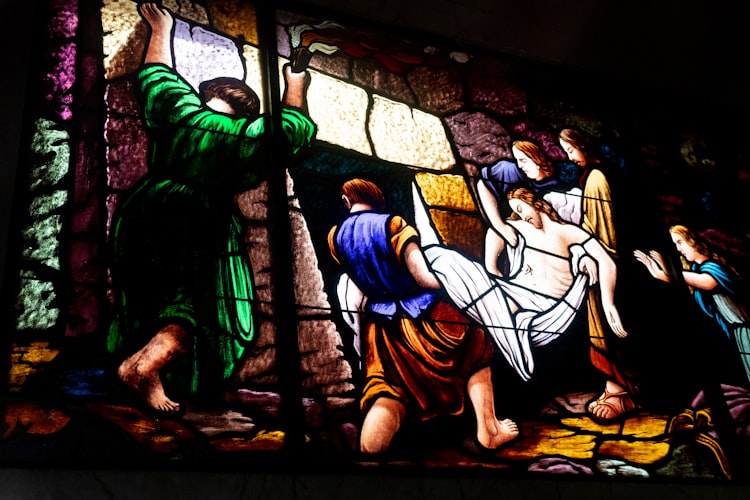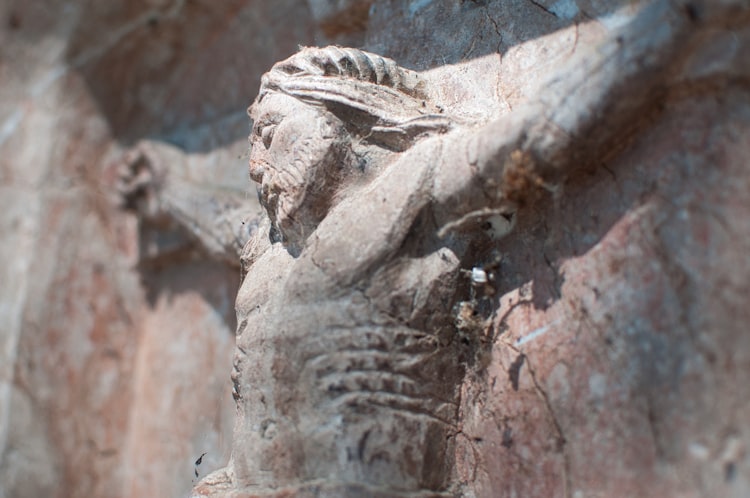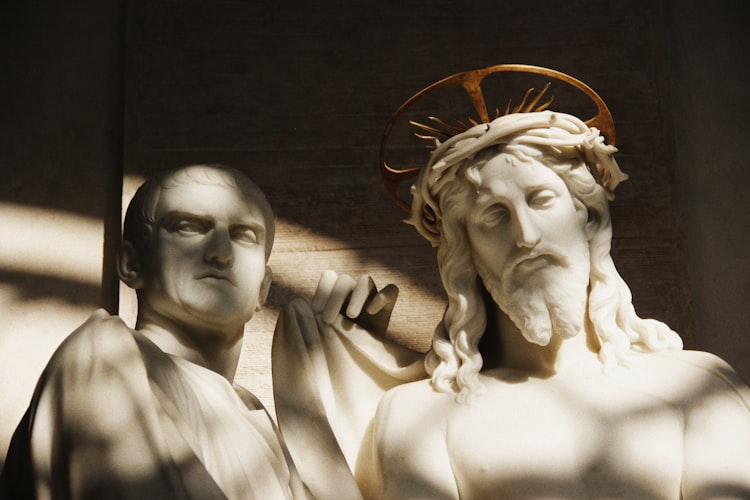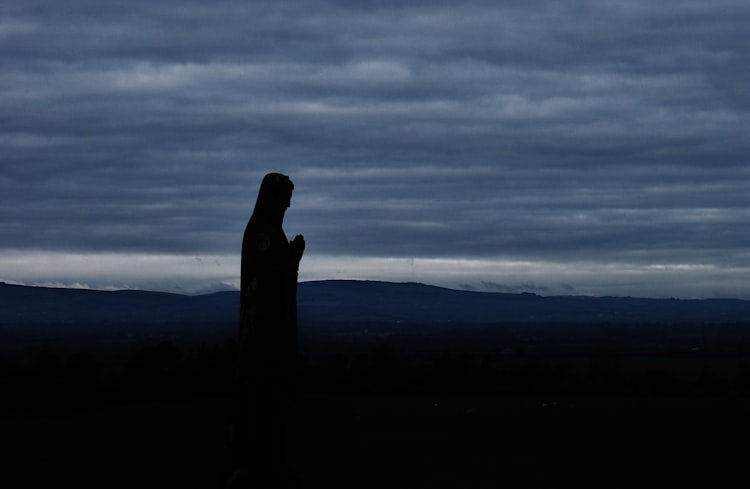Firm Foundation: Part 18

And He Will Come To Judge
The Living And The Dead
Let's consider what it means to "judge". We use the word rather frequently, but do we understand it in the context of Christ's judgment?
"To judge is to discriminate, to separate one thing from another" (Ben Myers).
The Gospel of John helps us contextualize judgment: "And this is the judgment, that the light has come into the world, and people loved darkness rather than light" (John 3:19). The same light shines on everyone, but there are different ways to respond to it. Some walk in darkness while others choose to walk in light. Jesus brings judgment though it is not that He is gracious to some and angry toward others. John 1:14 tells us Jesus is "full of grace and truth." But grace itself separates those who encounter it from those who choose not to.
Early Christians took great care to pay attention to the words they used when discussing judgment, making sure they avoided any idea that there existed two different gods--a God of wrath and a God of grace. Gnosticism, being prevalent during that time, accepted more than one God. If not careful in their teaching, the early Christians could have easily promoted the wrong belief and identified with Gnosticism. For Christians, there is no division within God. He is One, and the one face of God is revealed to us in Jesus Christ. First John 1:15 dispells the duality of God in the Gnostic sense: "God is light and in him there is no darkness at all."
The judgment that Christ brings is not just a division between good and bad people. When Christ's light shines into our lives, it creates a division within ourselves. None of us is entirely good or entirely bad – we are each a mixture. The "bad" grows up in our lives like weeds among the wheat. The two are so closely entwined that in this life we can't easily tell the difference (Matthew 13:24-30).
Sometimes our worst mistakes turn out to produce good fruit. Sometimes we discover that our virtues have produced unforeseen collateral damage. So, it is a comfort to know that one day someone else will come and lovingly separate the good from the bad in each of us.
The confession that Christ will come as judge is not an expression of terror and doom. It is part of the Good News of the Gospel. It's a joy to know that the One who understands all the complexities and ambiguities of our lives is the One who will stand in judgment. He is the only One who is truly competent to judge us ... "full of grace and truth" (John 1:14).
We need to remember that Jesus comes to save, not to destroy, and He saves us by His judgment.
Fourth-century writer Gregory of Nyssa composed an imaginary dialogue with his older sister Macrina--"my teacher" as he liked to call her:
The divine judgment ... does not primarily bring punishment upon sinners ... It operates only by separating good from evil and pulling the soul toward communion in blessedness. It is the tearing apart of what has grown together which brings pain to the one who is being pulled."
Jesus will come to judge the living and the dead. That will be the best thing that ever happens to us. On that day the weeds in each of us will be separated from the wheat. It will hurt when our self-deceptions are burned away. But the pain of truth heals; it does not destroy.
On our judgment day we will be able, for the first time, to see the truth of our lives, when we see ourselves as loved by Him!






Member discussion